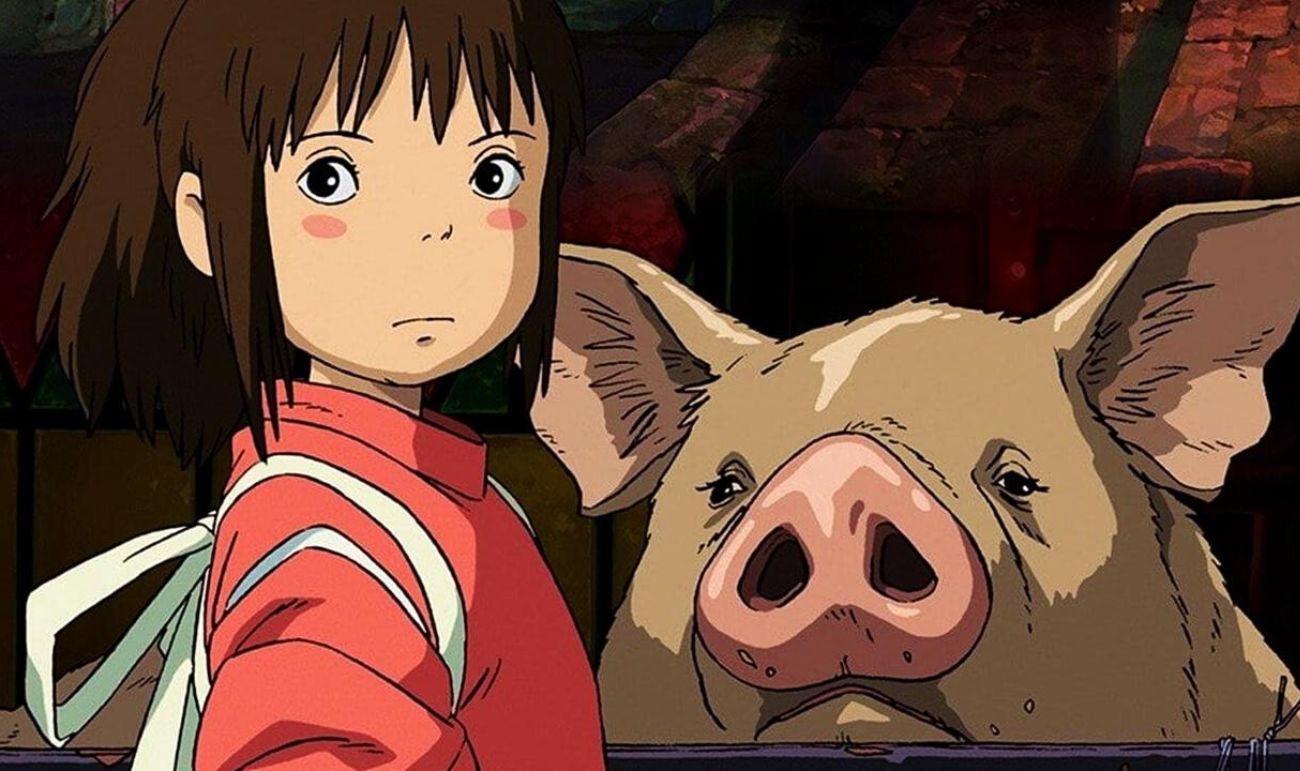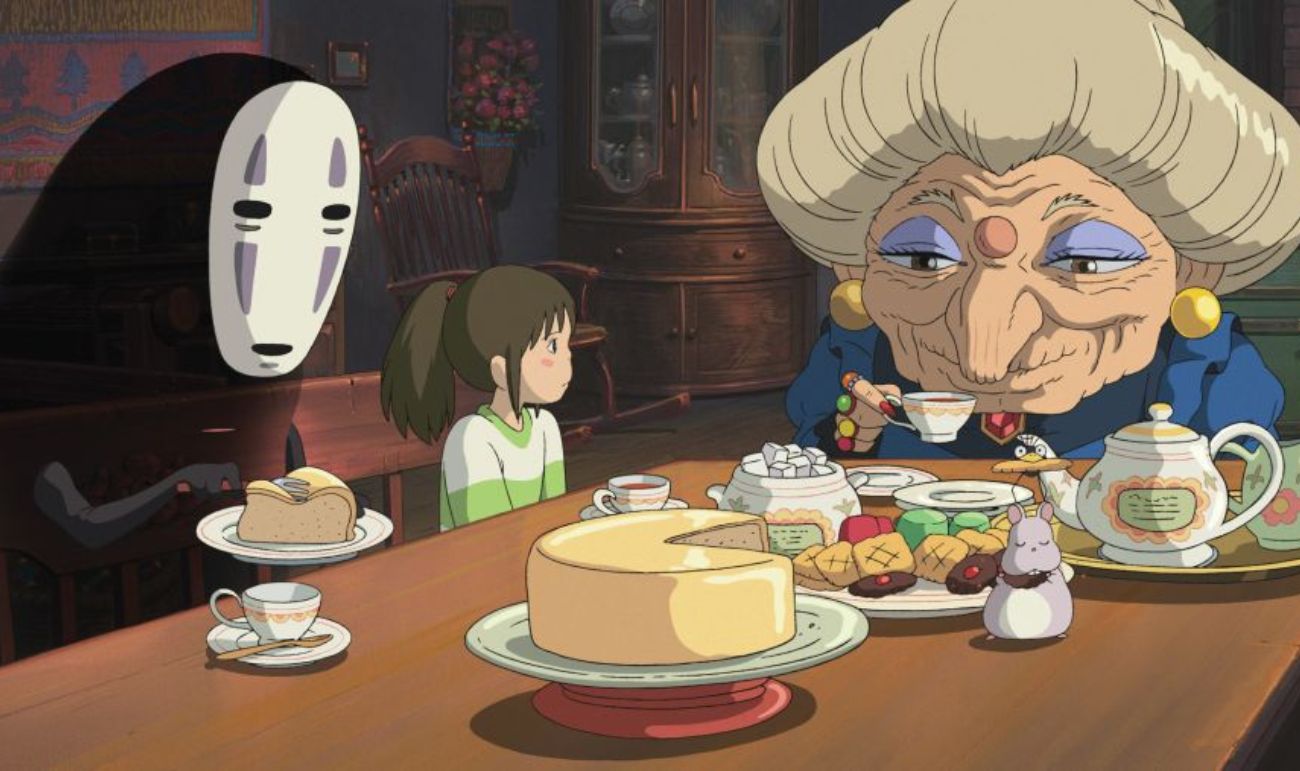
The Power of Names
I have never fully understood why, in movies, the main characters, upon meeting in key scenes, greet each other by saying their names aloud and looking into each other’s eyes with intensity. Sometimes, these encounters don’t lead to further conversation, yet the scenes convey more clarity and intensity than any dialogue could. In Polish culture, we don’t seem to have this trend, or perhaps I just haven’t observed it. Americans, on the other hand, tend to be more direct and open in their interactions, often addressing each other by name. In contrast, Europeans often use impersonal sentences or titles like “Mr.” or “Mrs.” The situation becomes even more intriguing in Asian countries, where individuals often use business titles and surnames even outside the workplace, and they have a wide array of titles depending on the age of the person they are interacting with. In Poland, using only surnames can be seen as offensive and using professional titles as mocking. Every country has its own customs, and by observing how people interact, we can discern what’s prioritized in each culture.
When watching Korean dramas, for instance, we often hear professional titles right from the start. In Korea, professional life and work are highly regarded, making them proud and honorable citizens. Addressing someone by their first name is considered very intimate and personal, indicating strong, enduring relationships between individuals. Americans, in contrast, tend to view using first names as common and don’t necessarily consider it rude. They often speak informally to strangers, as if they already know each other. Such situations are less frequent in Poland. For instance, when I’m coming back home and my mother uses my full name while looking directly at me, I know something is amiss. When my coworkers call me by my title, “Mrs. Director,” I understand that something serious has occurred. However, cultural differences don’t change the fact that our names do hold a hidden power, much like words, which carry their own energy and can change the world. This challenges the old adages that dismiss words as insignificant, such as “it’s just words” or “it’s just a name, it means nothing.” Do they really mean nothing?
“By stealing someone's name, Yubaba takes power over people. If you forget your true name, you will never come back home.”


“Chihiro, you broke the spell. I don't have to serve Yubaba anymore, and I can leave. I got my name back, and now I'm free. Just like you, I can return to my world.”


Organize your life.
The first publication in the Untold product series, created to share methodology for organizing everyday life, cultivating systematic discipline, and developing proper habits. Drawing from the author's experience, knowledge, beliefs, and commonly available coaching tools, she aims to inspire you to take action and present you with a straightforward approach to achieving fulfillment and building self-esteem. Written in a simple way, it contains examples from everyday life, practical tips, exercises, and beautiful graphics. Available in e-book and audiobook.




Leave a Reply